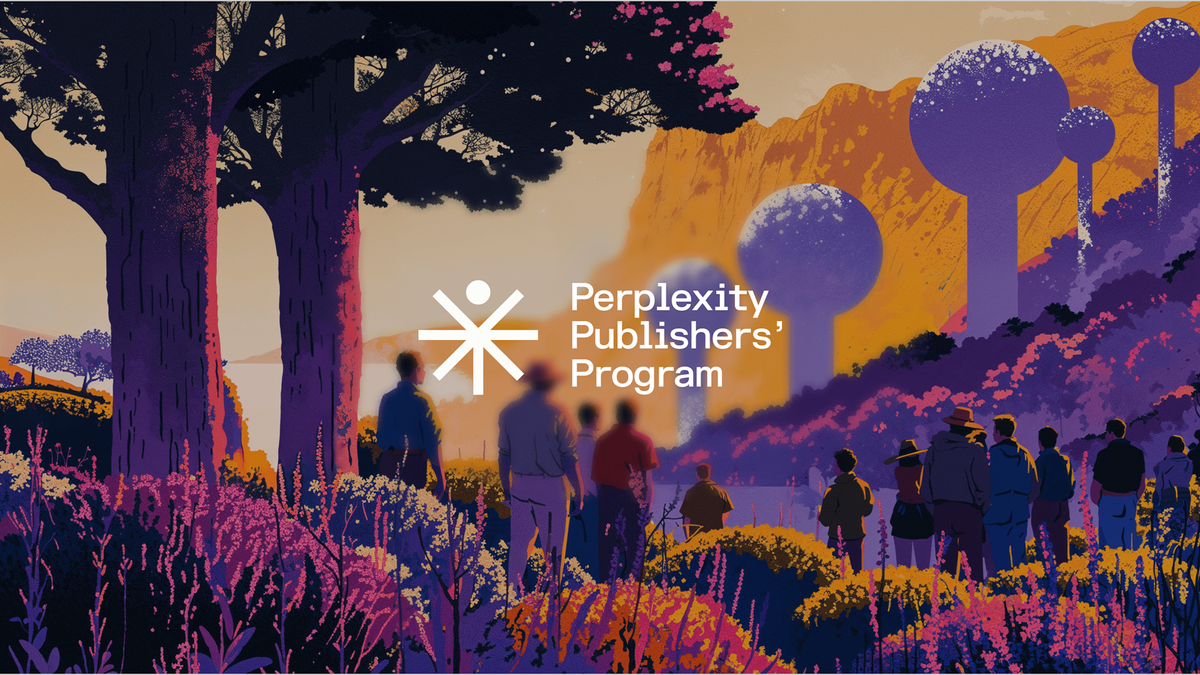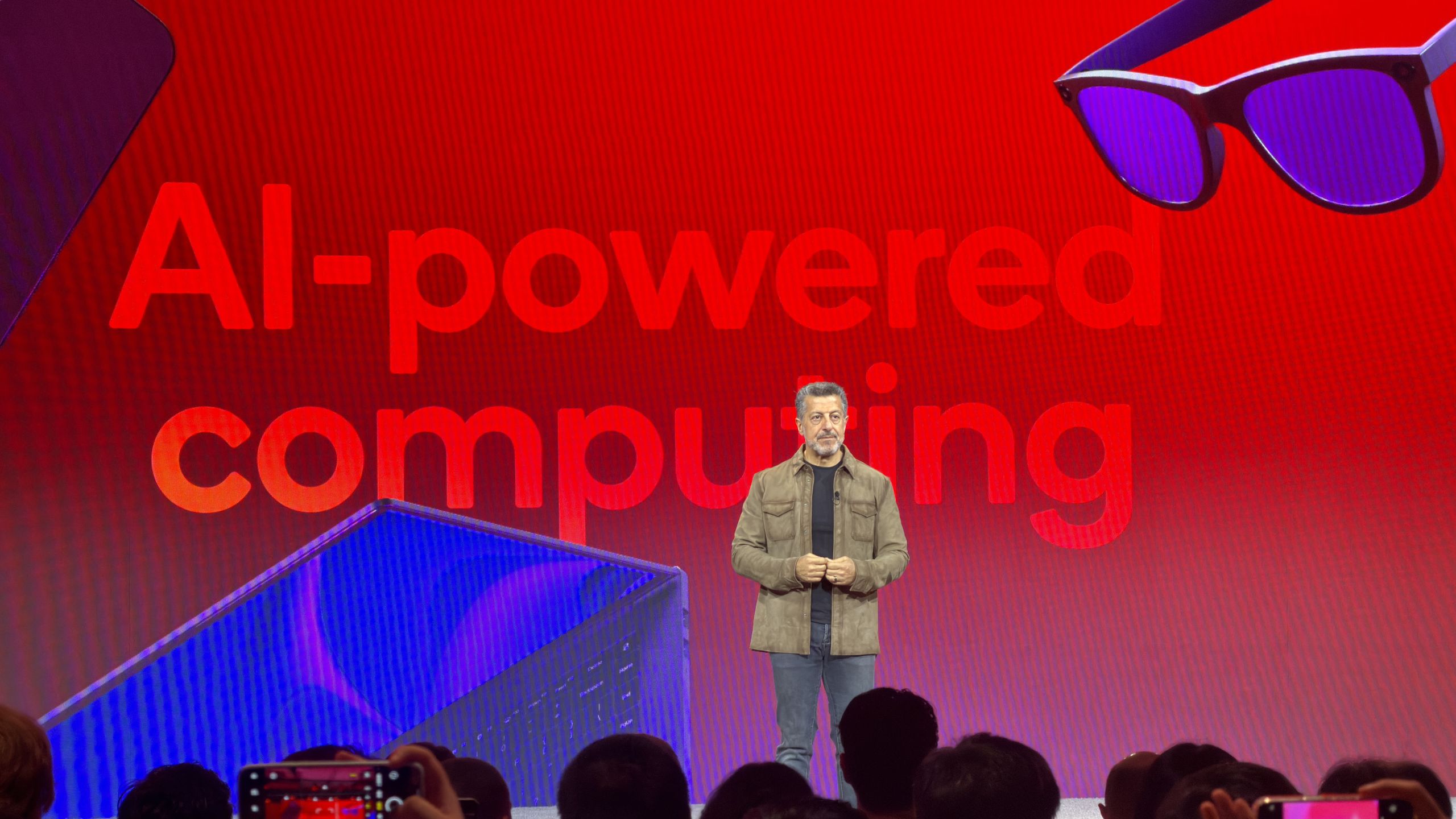AI-powered conversational search engine Perplexity is following Google’s lead on advertising with a new sponsorship plan. Companies will be able to pay for one of the “related follow-up questions” that users see when they ask Perplexity to research something. The paid question will be labeled as such, like the sponsored links in a Google search. Perplexity has already said that ad-based models don’t affect the AI’s answers. Presumably that applies to everything except these sponsored follow-up questions.
The companies in question are publishers from whose work Perplexity's AI can extract its answers. The initial cohort includes TIME, Der Spiegel, Fortune, Entrepreneur, The Texas Tribuneand WordPress.com. Sponsors and Perplexity will split revenue in an undisclosed manner, with the companies paying Perplexity based on how many people view the available branded questions.
Perplexity is also offering its new partners access to its vast language models, allowing them to build their own AI search engines based on their content. Employees will also receive a free year of Perplexity Pro. Regardless of the details, publishers clearly see this as a potential new revenue stream, much like Google Ads, but tied to the impact AI is having on traditional publishing and distribution systems.
AI seeks equity
These changes may be the underlying motivation for new partnerships. Traditional search engines direct users to external websites via links, but AI search engines like Perplexity can provide comprehensive answers without requiring users to leave the conversation. AI-generated search results may discourage users from visiting the original sources cited in the AI response.
This could mean a reduction in advertising revenue and subscriptions for the publication. Many publishers have criticized Perplexity and other AI developers for using their content without compensation. Offering a share of advertising revenue to publishers whose content contributes to AI-generated responses could help address the tension between content creators and AI platforms.
Perplexity was an early arrival on the AI search engine scene, but it’s no longer the only generative AI platform doing so. OpenAI made a big splash when it unveiled a preview version of SearchGPT, its own AI web search tool, just a week earlier. Notably, OpenAI has been racking up deals with various publishers to share data and collaborate in other ways that could make sponsored answers a part of SearchGPT as well.
Still, offering a financial incentive to publishers is a solid way for Perplexity to improve its services and reinforce the goodwill of the data providers that make its AI valuable.
“We structured this program to ensure we have a scalable and sustainable way to align incentives for all parties. We are grateful to the publishers who have joined us in this program and provided valuable feedback on how it should work,” Perplexity CEO Aravind Srinivas said in a statement. “We have always believed that we can build a system where the entire Internet wins, and this is just the first step.”









